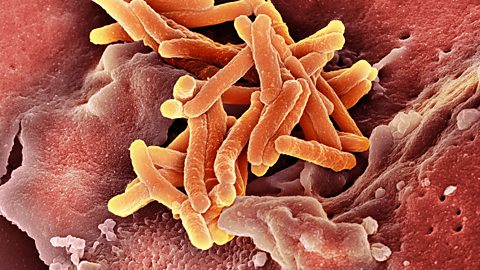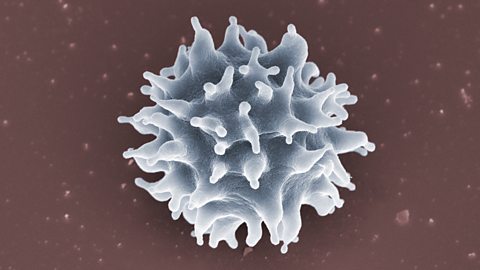More guides on this topic
- Classification and biodiversity вҖ“ WJEC
- Cell division and stem cells вҖ“ WJEC
- DNA and inheritance вҖ“ WJEC
- Variation вҖ“ WJEC
- Mutation вҖ“ WJEC
- Evolution вҖ“ WJEC
- The nervous system вҖ“ WJEC
- Homeostasis вҖ“ WJEC
- The role of the kidneys in homeostasis вҖ“ WJEC
- Micro-organisms and their applications вҖ“ WJEC
- Video playlist

